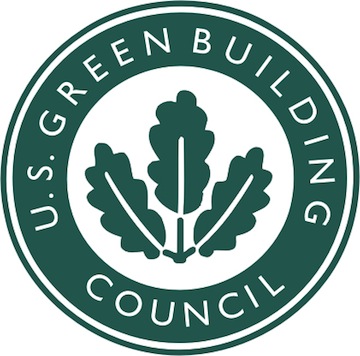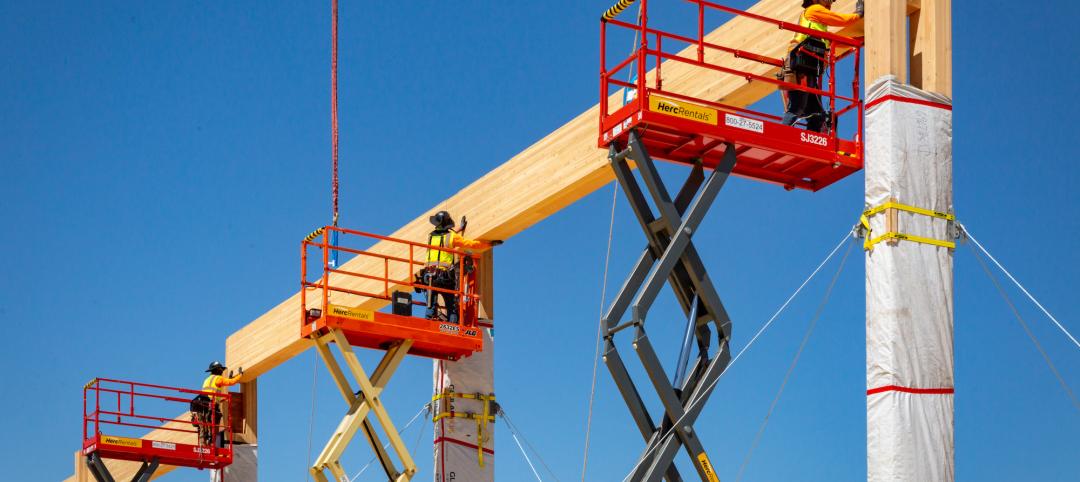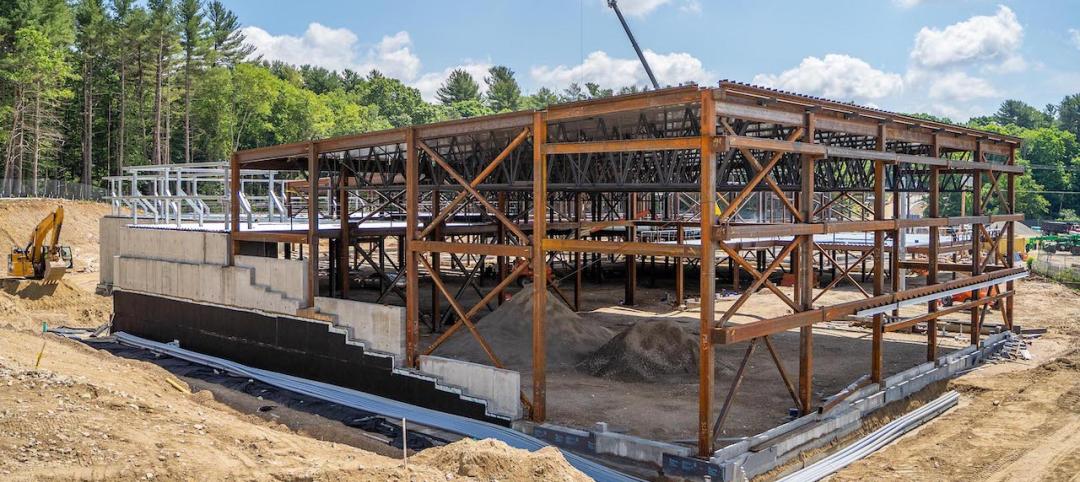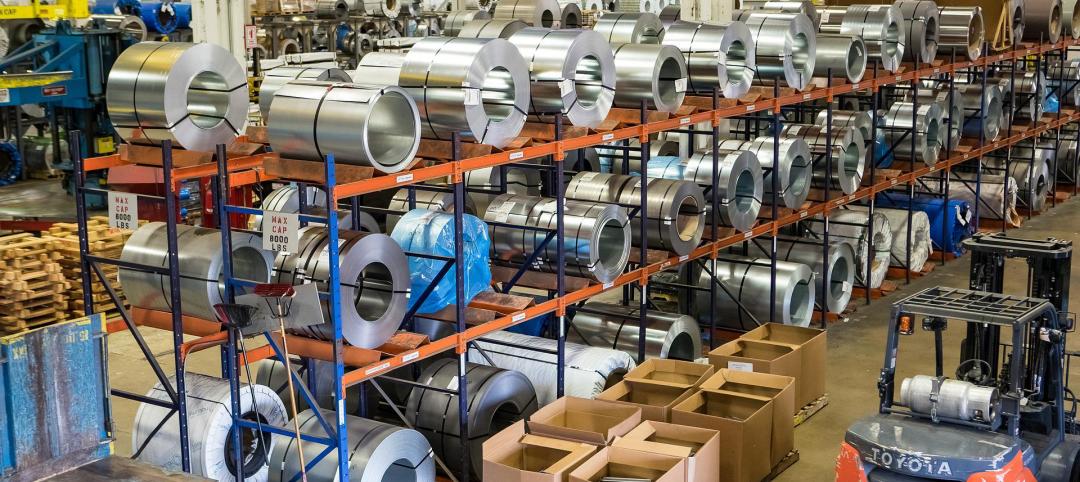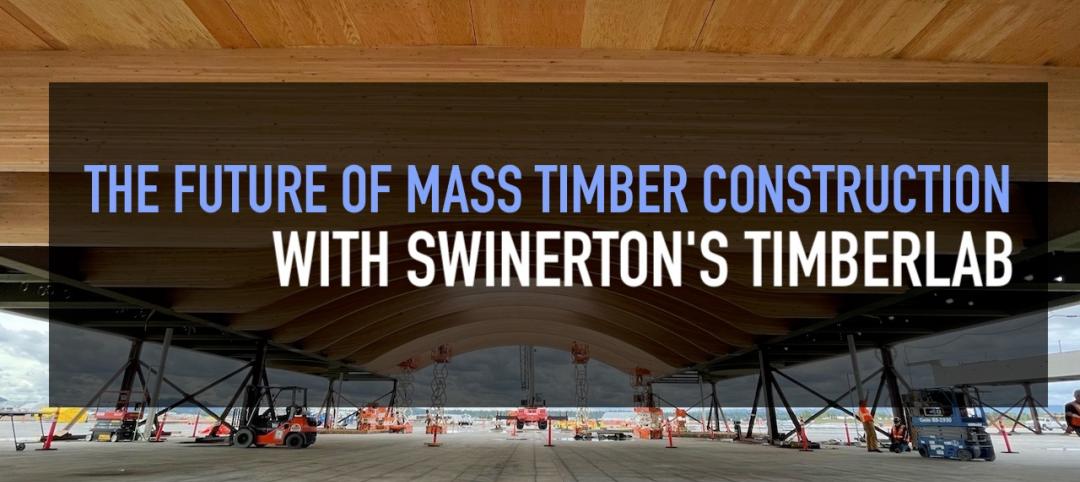The U.S. Green Building Council (USGBC) joined with six major organizations at the UN Conference on Sustainable Development (Rio+20) to announce the Global Initiative on Urban Resilience (GIUR), an effort designed to spur building and infrastructure development, create new investment opportunities, and foster community action around the world. Partner organizations include the C40 Cities Climate Leadership Group; ICLEI International; the World Bank; the Eye on Earth Summit; the Johns Hopkins University School of Advanced International Studies Program on Energy, Resources, and the Environment; and the Earth Council Alliance of Rio de Janeiro.
“Resilience cuts across all issues and sectors, and provides a new and vital dimension to the cause of sustainable development,” said Jason Hartke, Ph.D., vice president of national policy at USGBC. “This initiative will mobilize a new brand of leadership — leadership that advances solutions today while preparing us for the challenges of tomorrow.”
The GIUR aims to create solutions by focusing on urban geographies, identifying the synergies between city governments, nongovernmental organizations, financial institutions, and different business sectors. The report of the UN Secretary-General's High-Level Panel on Global Sustainability, “Resilient People —Resilient Planet: A Future Worth Choosing,” outlines a compelling vision, including 56 specific recommendations as well as a call to action.
“Mayors know the supposed choice between saving money and spending it on climate action is a false one. Mayors know climate change puts their cities at particularly great risk, but they also know there is economic opportunity for cities in the response to climate change. This initiative represents an opportunity for C40 to identify partnerships and resources that can turn plans for adaptation investment into action,” said Jay Carson, executive director of C40 Cities Climate Leadership Group, in partnership with the Clinton Climate Initiative.
The GIUR will focus on eight key areas, but will refine its reach as innovative ideas emerge. These goals of the GIUR are identified as: convene a core group of organizations that will coordinate stakeholders to provide global reach and dimension to the initiative; encourage a resiliency dimension to the green building movement; take a whole-of-urban government approach; develop new incentives for budget action on resilience by local governments around the world; build awareness of resilience as an indispensable precondition to sustainable development; develop harmonized metrics for success to better achieve milestones and outcomes; integrate geographic information systems and geospatial infrastructure into planning and budget decisions; and integrate systems for natural capital accounting, avoiding losses and reducing costs associated with shocks and disasters.
Konrad Otto-Zimmermann, secretary-general of ICLEI Local Governments for Sustainability, representing an association of more than 1220 local government members, observed that, “urban resilience must apply not only to climate change, but to all other shocks and stresses that affect community systems.”
“Building resilient communities worldwide requires innovation and new partnerships, bringing big money to portfolios of green economy projects," noted Dr. David Jhirad, director of the Energy, Resources, and Environment Program at the Johns Hopkins University School of Advanced International Studies and HRH Prince Sultan bin Abdul Aziz Professor in Energy and Environmental Policy.
Said Rachel Kyte, vice president for sustainable development at the World Bank: “We have to change the way we think about infrastructure, agriculture, transportation, water, energy, how communities become resilient and what kind of information we share. We have to help people make infrastructure decisions that will prove resilient far into the future.”
Related Stories
Mass Timber | Jan 27, 2023
How to set up your next mass timber construction project for success
XL Construction co-founder Dave Beck shares important preconstruction steps for designing and building mass timber buildings.
Products and Materials | Jan 18, 2023
6 innovative products for multifamily developments
Here are six innovative products for various multifamily developments, including a condominium-wide smart electrical system, heavy-duty aluminum doors, and prefabricated panels.
Green | Dec 9, 2022
Reaching carbon neutrality in building portfolios ranks high for organizations
Reaching carbon neutrality with their building portfolios ranks high in importance among sustainability goals for organizations responding to a Honeywell/Reuters survey of senior executives at 187 large, multinational corporations. Nearly nine in 10 respondents (87%) say that achieving carbon neutrality in their building portfolio is either extremely (58%) or somewhat (29%) important in relation to their overall ESG goals. Only 4% of respondents called it unimportant.
Energy Efficiency | Dec 6, 2022
Washington state’s Building Code Council mandates heat pumps in all new residential construction
The Washington State Building Code Council has voted to require heat pumps for all new residential construction starting in July 2023. The new mandate has drawn criticism over concerns that it will add costs to housing construction, especially given current supply chain challenges for heat pumps.
Geothermal Technology | Dec 6, 2022
Google spinoff uses pay-as-you-go business model to spur growth in geothermal systems
Dandelion Energy is turning to a pay-as-you-go plan similar to rooftop solar panel leasing to help property owners afford geothermal heat pump systems.
75 Top Building Products | Nov 30, 2022
75 top building products for 2022
Each year, the Building Design+Construction editorial team evaluates the vast universe of new and updated products, materials, and systems for the U.S. building design and construction market. The best-of-the-best products make up our annual 75 Top Products report.
Building Materials | Nov 2, 2022
Design for Freedom: Ending slavery and child labor in the global building materials sector
Sharon Prince, Founder and CEO of Grace Farms and Design for Freedom, discusses DFF's report on slavery and enforced child labor in building products and materials.
Building Materials | Aug 3, 2022
Shawmut CEO Les Hiscoe on coping with a shaky supply chain in construction
BD+C's John Caulfield interviews Les Hiscoe, CEO of Shawmut Design and Construction, about how his firm keeps projects on schedule and budget in the face of shortages, delays, and price volatility.
Building Materials | Jun 20, 2022
Early-stage procurement: The next evolution of the construction supply chain
Austin Commercial’s Jason Earnhardt explains why supply chain issues for the construction industry are not going to go away and how developers and owners can get ahead of project roadblocks.
Wood | Jul 16, 2021
The future of mass timber construction, with Swinerton's Timberlab
In this exclusive for HorizonTV, BD+C's John Caulfield sat down with three Timberlab leaders to discuss the launch of the firm and what factors will lead to greater mass timber demand.


